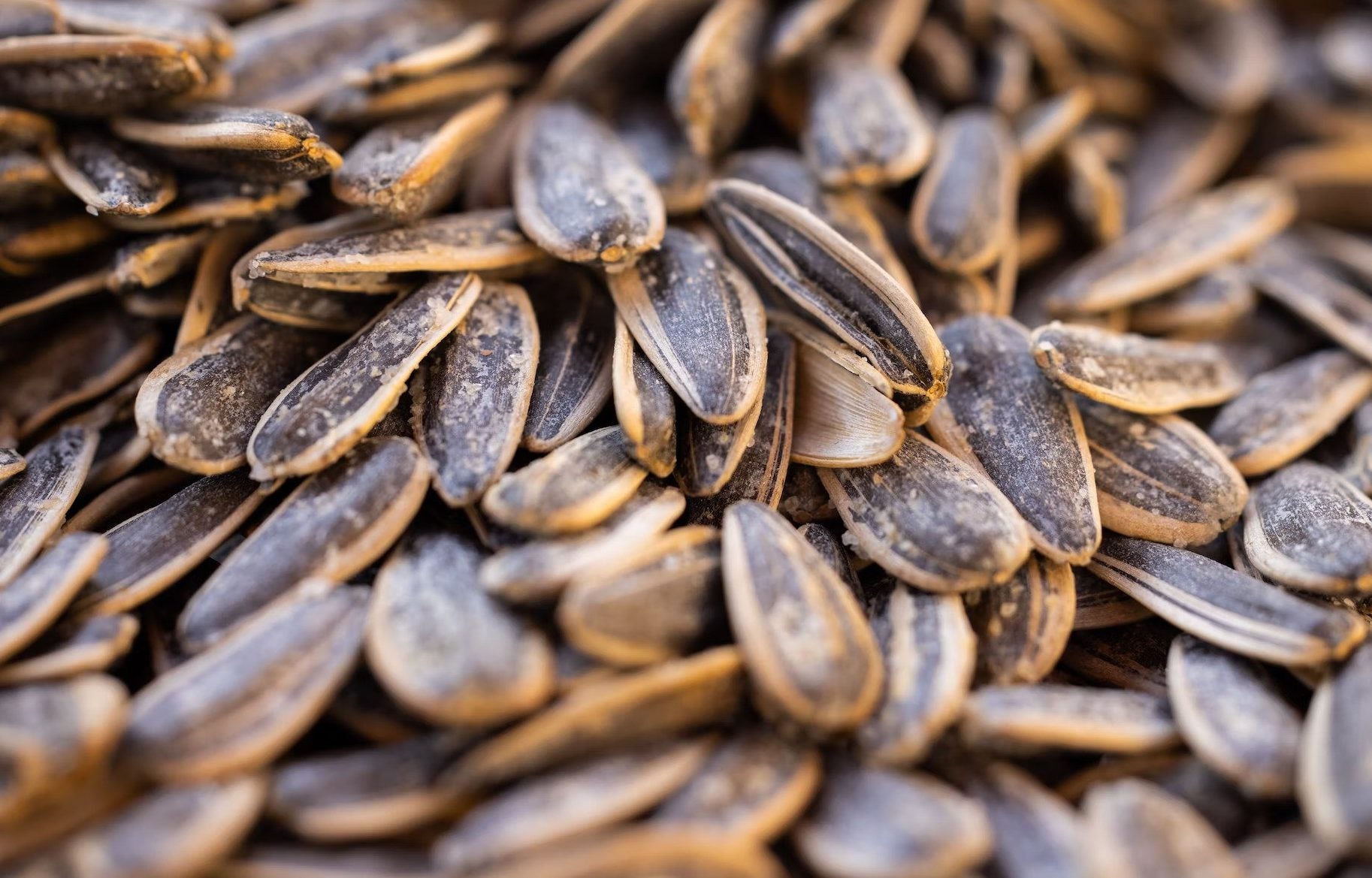
Bulgaria has reportedly bowed to pressure from local farmers by imposing an import ban on sunflower seeds from Ukraine.
Speaking at a press briefing this week, Bulgarian Prime Minister Mykola Denkov said he would inform his Ukraine counterpart – Denys Shmyhal – that he planned to put on import quota on sunflower seeds from the war-torn country, according to the pan-European news service Euractiv. Until then, imports of the commodity would not be allowed.

Discover B2B Marketing That Performs
Combine business intelligence and editorial excellence to reach engaged professionals across 36 leading media platforms.
A European Commission-supported ban on Ukraine grain imports into five east European countries – Poland, Hungary, Slovakia, Romania and Bulgaria – was suspended last Friday (15 September) upon its expiry following the implementation of the prohibition in May.
Poland, Hungary and Slovakia, however, decided to continue to enforce the ban independently from the EC after 15 September to protect local farmers from cheap imports from its embattled neighbour.
Meanwhile, Bulgaria lifted restrictions along with Romania, although reports this week suggested the latter was considering reimposing temporary curbs.
Bulgaria’s decision prompted protests from local farmers who initiated road blockades into the capital Sofia over two days calling for a continued ban on sunflower seeds, wheat, maize and rapeseed from Ukraine.

US Tariffs are shifting - will you react or anticipate?
Don’t let policy changes catch you off guard. Stay proactive with real-time data and expert analysis.
By GlobalData“Regarding sunflower seeds: I will be discussing this soon with the prime minister of Ukraine. I will inform you about the results of the discussions and that there will be a specific quota for Bulgaria,” Russia’s Interfax news agency reported Denkov as saying.
“This quota will be what is allowed for import into Bulgaria, but only after we set its volume. In the near term, we will not be allowing imports of Ukrainian sunflower seeds.”
Before quotas on sunflower seeds can be imposed, Denkov said, according to Euractiv, that local producers and processors must agree on what quantity of imports from Ukraine would be acceptable.
For other commodities such as wheat, maize and rapeseed, Denkov said he would hold meetings with the EC and Ukraine on the import issue, the publication reported.
Newswire service SeeNews suggested the ban on sunflower seeds into Bulgaria from Ukraine would last until the end of November, after which quotas would be introduced. ‘Licensing rules’ are also being considered for wheat, maize and rapeseed in agreement with the European Union and Ukraine, the publication said, adding that similar proposals for milk powder and honey are on the block.
The decision by Poland, Hungary and Slovakia to continue with a grain import ban prompted a backlash by Germany, France and Spain this week as Ukraine took its case to the World Trade Organization.
In May, the five European Union members – backed by the EC – banned imports of grain and selected other foodstuffs from Ukraine to protect prices for domestic farmers. The EC extended the deal in June.
Ukraine has become even more dependent on alternative EU export routes, called Solidarity Lanes, for its grain exports since July when Russia tore up the agreement that had allowed Ukrainian grains to be shipped via its Black Sea ports.





